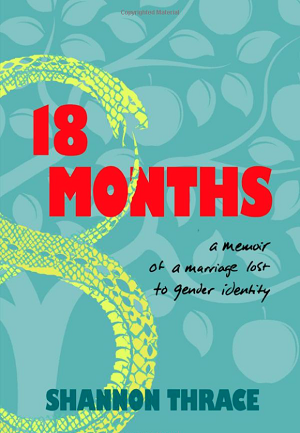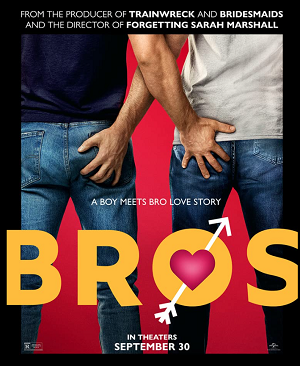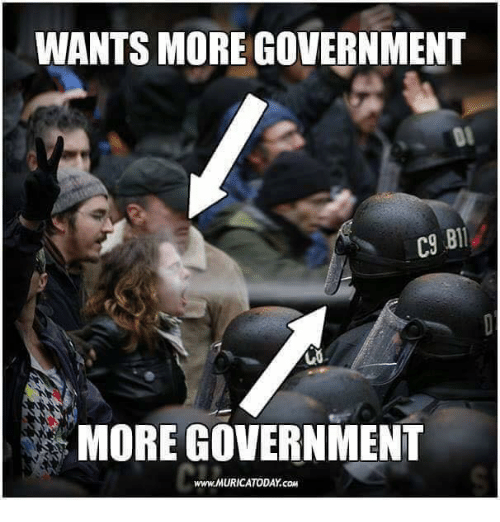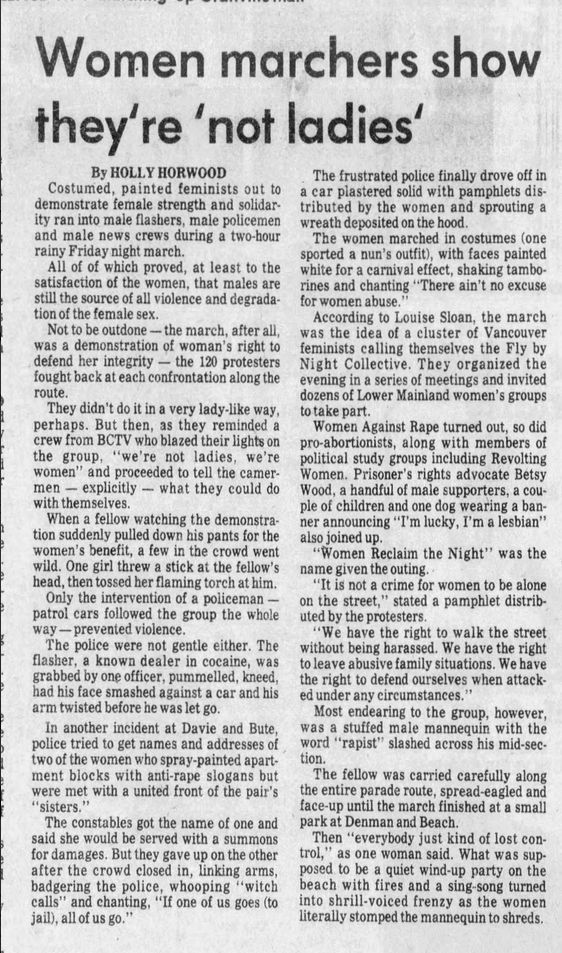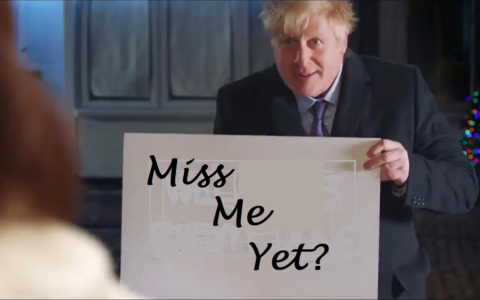In The Line, Tim Thurley peels back the covers and provides a glimpse of the inanities, stupidities, and political opportunism that shape Canadian firearms legislation:

A typical arrangement of guns seized by Toronto Police back in 2012. Most of these weapons would be in the “restricted” or “prohibited” categories under the Firearms Act, and pretty much by definition not typically available to the majority of Canadians.
Canadians often assume our government is doing its best. Not the politicians, sure, but there is a broad assumption that at least the bureaucrats tirelessly working behind the scenes to implement political decisions must have a grasp on the facts and exhibit some consistency in decision-making. In few places is there a larger discrepancy between this perception and the grimmer reality than in how the government classifies firearms.
I’ve long had an interest in firearms policy. Those familiar with it will know how onerous the Access to Information process is and wonder why I partake on my own time and dime; I can answer only that a graduate M.Sc. thesis on legislative impacts on firearm homicide and time working in politics and government have made me a glutton for punishment. More seriously, it’s a fascinating field, and I have some insight into political and policy processes. And as any specialist in a hot-button policy area knows, there is nothing more frustrating than seeing bad policy enacted in your field again, and again, and again.
Firearms are classified into three categories under the Firearms Act: non-restricted, restricted, and prohibited. All three require a separate level of licence, obtained with escalating difficulty after multiple courses and checks. (Prohibited licences are no longer issued to the regular public, but some Canadians hold them as part of a grandfathering in of prior licence holders.) Each category is primarily determined by firearm design. A simple overview: restricted firearms are some rifles and most pistols, prohibited firearms are shorter-barrelled pistols or fully automatic (or converted to another mechanism therefrom), and non-restricted firearms are anything else meeting the legal definition of a firearm, typically meaning typical hunting rifles and shotguns.
That’s a simplified version, but that’s the system.
In theory.
In practice, as my requested documents confirmed, firearm classification in Canada is an opaque and byzantine nightmare. A messy plethora of firearms which meet the functional criteria for being non-restricted, subject to the least stringent oversight and controls, are prescribed by regulation as either restricted or prohibited, and therefore subject to more controls or outright banned. Since functional differences are accounted for by law and did not apply in these cases, the deviations must have another explanation.
In short, politics.
Take the 2020 Nova Scotia attacks. Despite the unlicensed murderer smuggling his firearms from the United States, the Liberals took the opportunity to issue an executive Order-in-Council that banned a bunch of legally owned Canadian guns mostly because it was an easy wedge for the next election. The facts of the case were irrelevant, as was the fact that the banned firearms were responsible for a minuscule fraction of Canadian homicides. The government did not even bother writing the ban by how the firearms functioned, which while unhelpful from a homicide-reduction perspective, would have at least been a coherent position. The order, among other things, simply identified a few well-known guns by name and banned those.
This is where the concept of “variants” matters. When a firearm is designated by regulation as restricted or prohibited, the designation includes all variants of the firearm, which then receive the same classification. This makes sense. Ridiculous as classifying firearms by name over function already is, it would be yet more ridiculous if a mere renaming by a manufacturer, for instance, was sufficient to evade a legal classification.
Most ridiculous of all is that the public does not and cannot know what constitutes a “variant”. The Firearms Act does not define it. The Canadian government does not define it. Nor do its agencies, even the one responsible for determining variants: the Royal Canadian Mounted Police.
The Mossberg Blaze 47 saga is illustrative of this problem. It is uncontroversial to assume that a precise mechanical copy of an original Russian AK-47 with a different name and slight design changes is still an AK-47. But when Mossberg, the manufacturer, slapped a plastic frame bearing some resemblance to Kalashnikov’s famous design on its Blaze rifle — a cheap, non-restricted, rimfire rifle suitable for, at worst, a particularly aggressive colony of rabbits — that new gun, dubbed the Blaze 47, somehow transformed from an unthreatening small-game rifle to a dangerous AK-47 variant prohibited under Former Prohibited Weapons Order No. 13.
The amazing transformation of a simple .22LR plinker into a facsimile of a dangerous “black fully semi-automatic murder machine”.
These head-scratching decisions have confused firearm owners and manufacturers, who wasted decades trying to understand how the government decides to classify their guns. It all seemed very random.
Surprise! It is!


